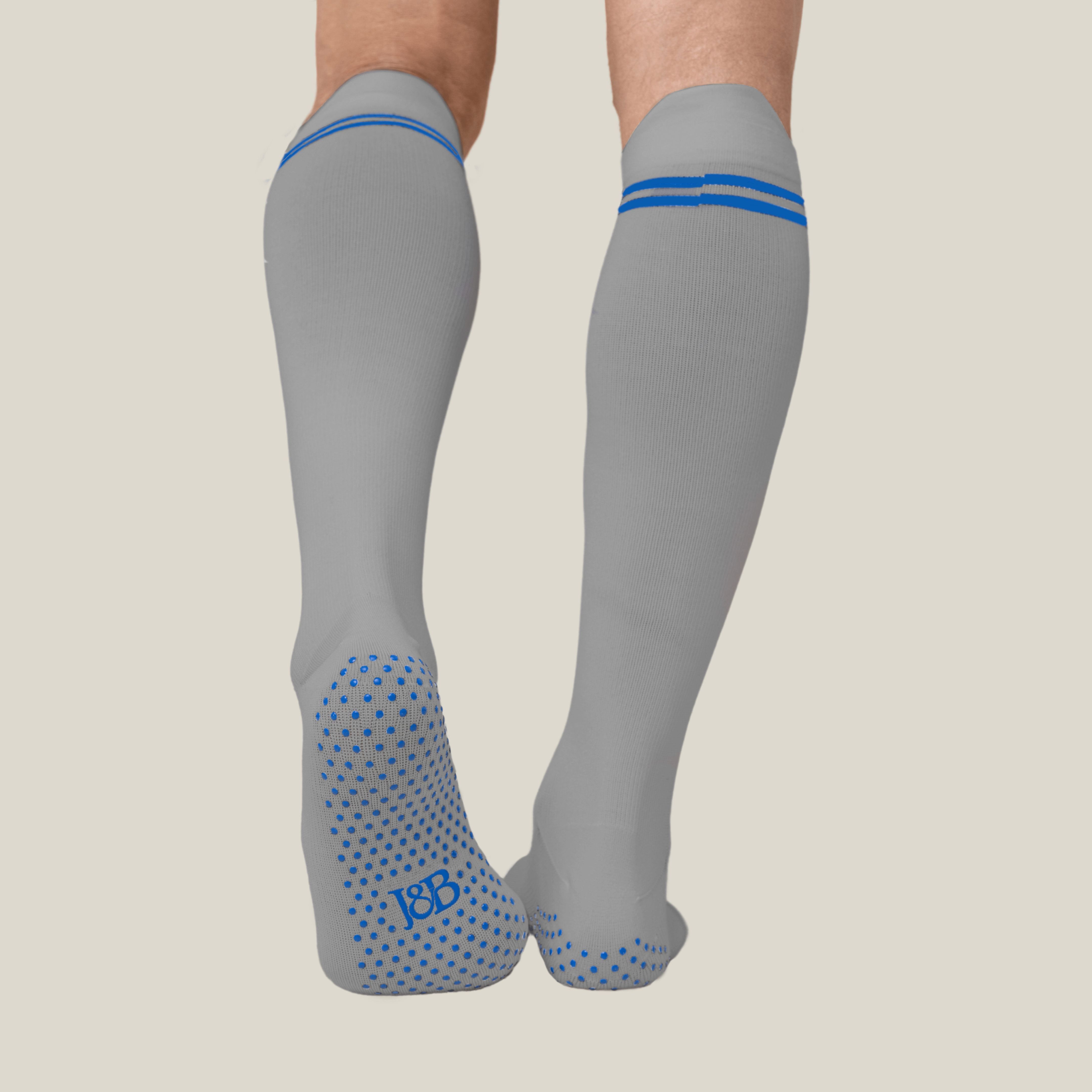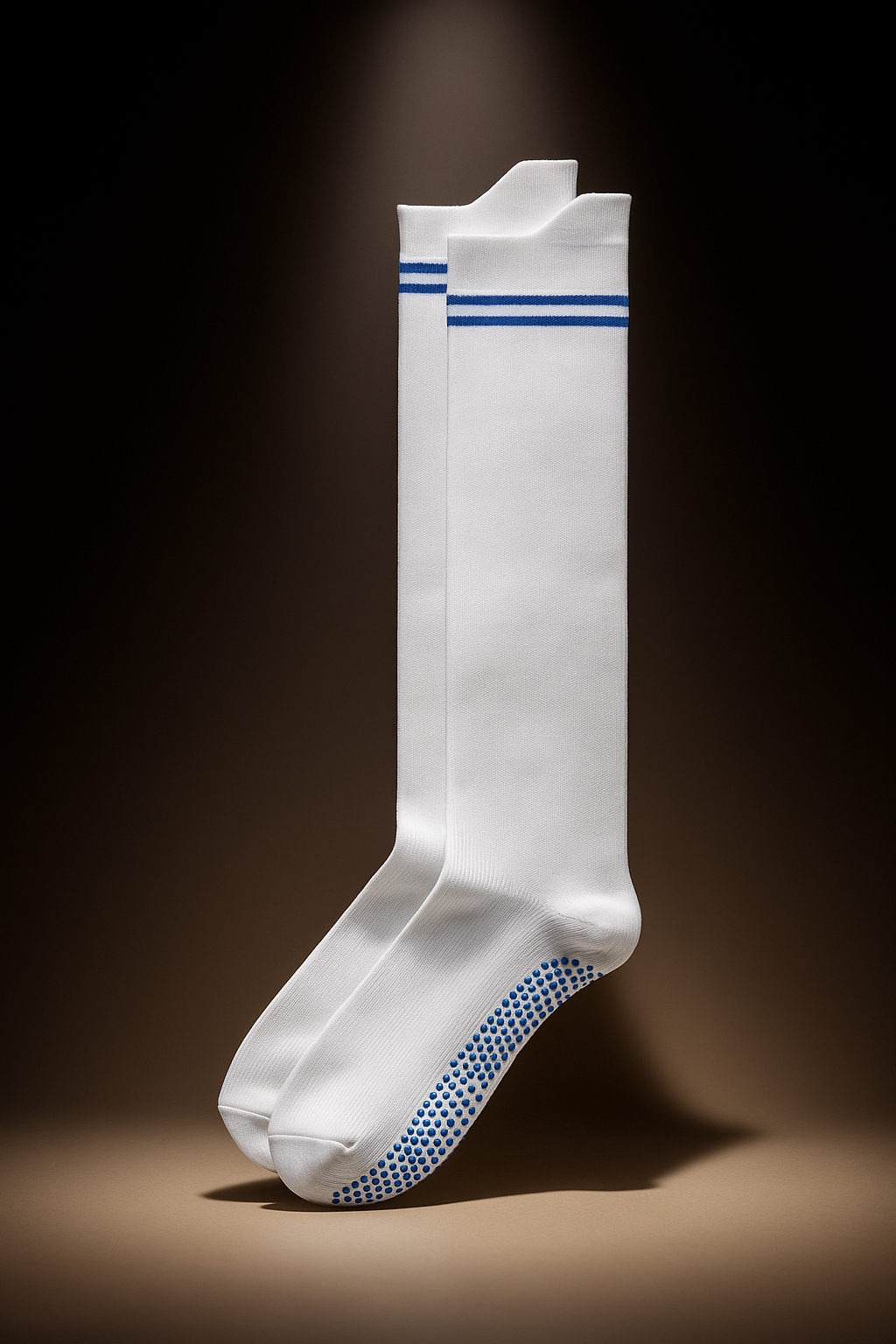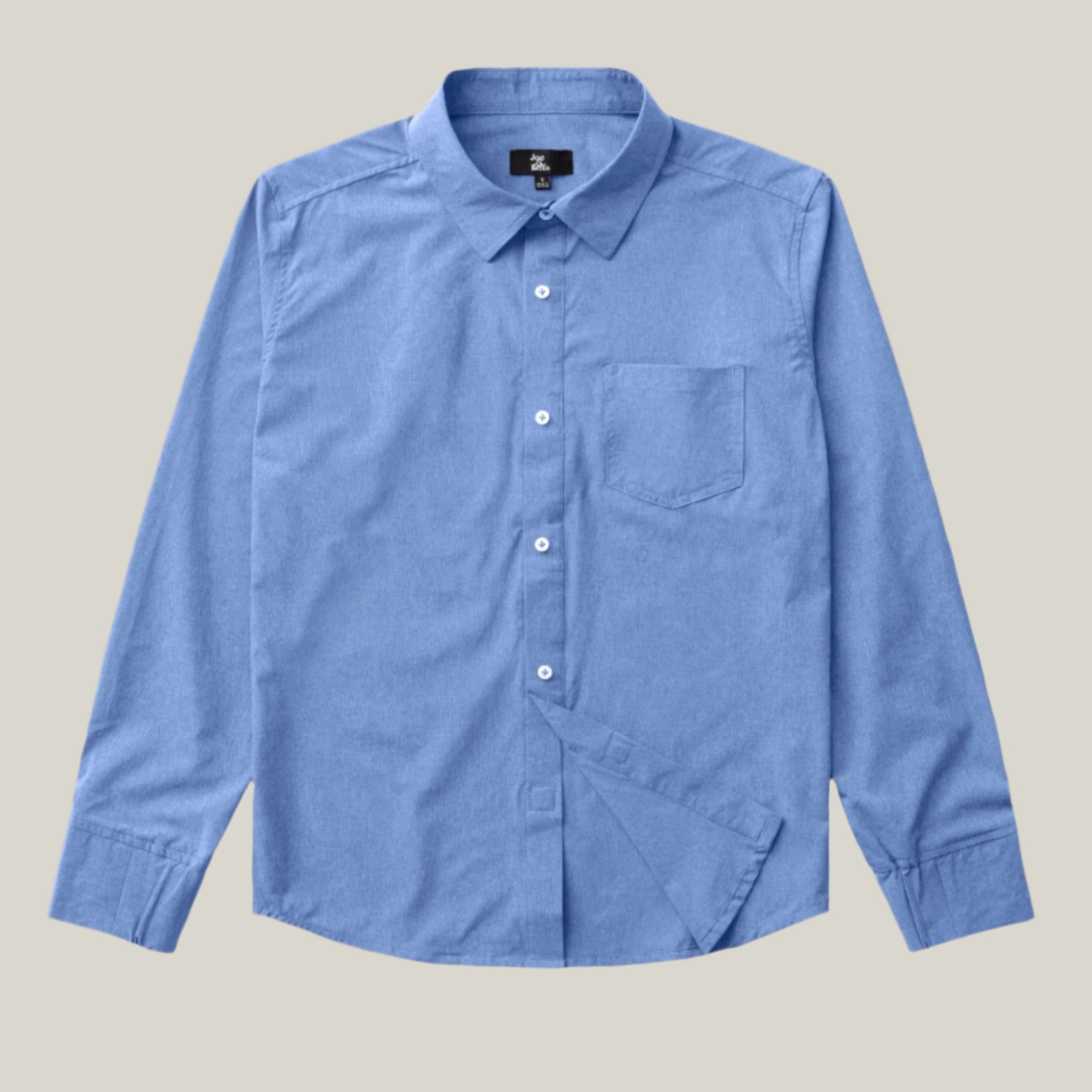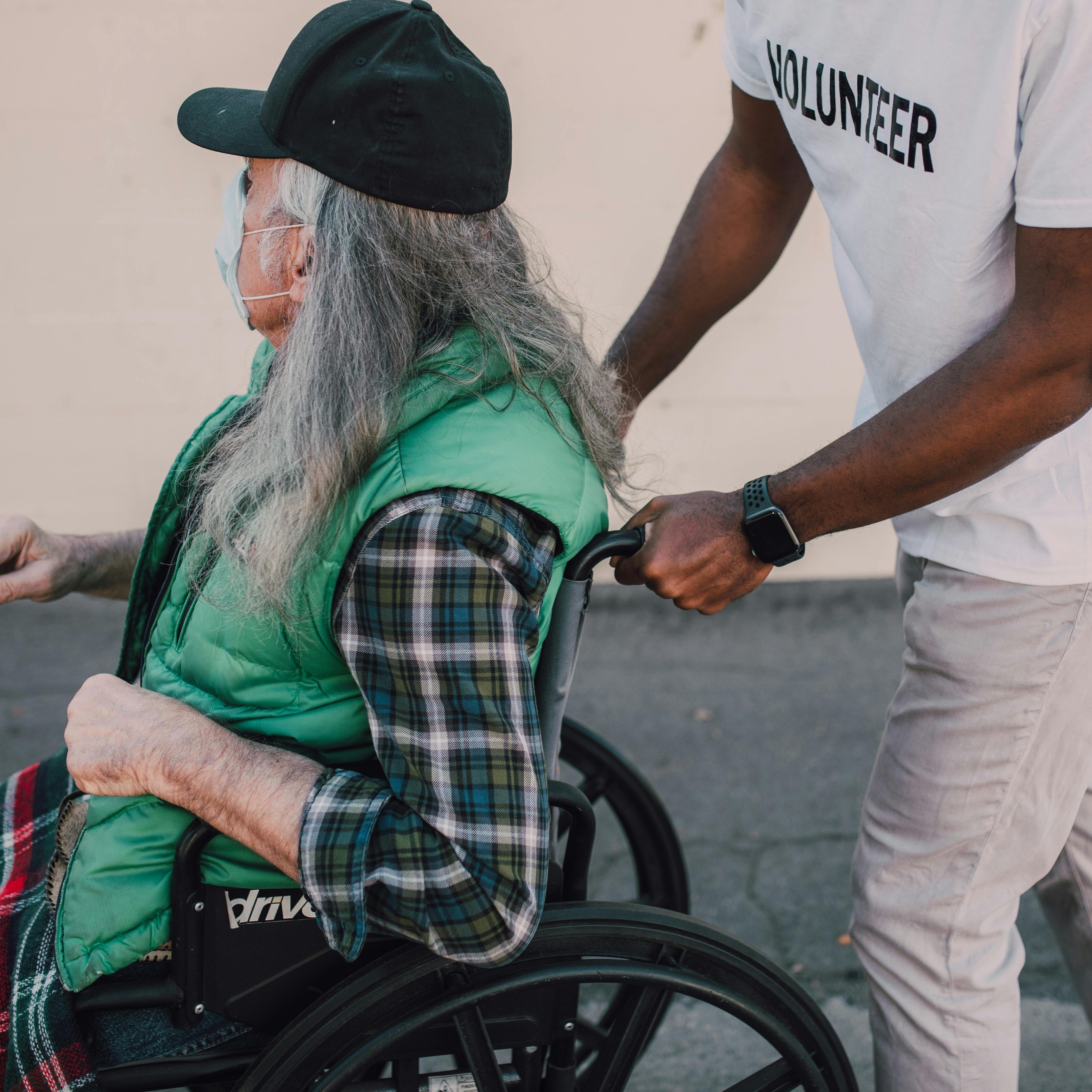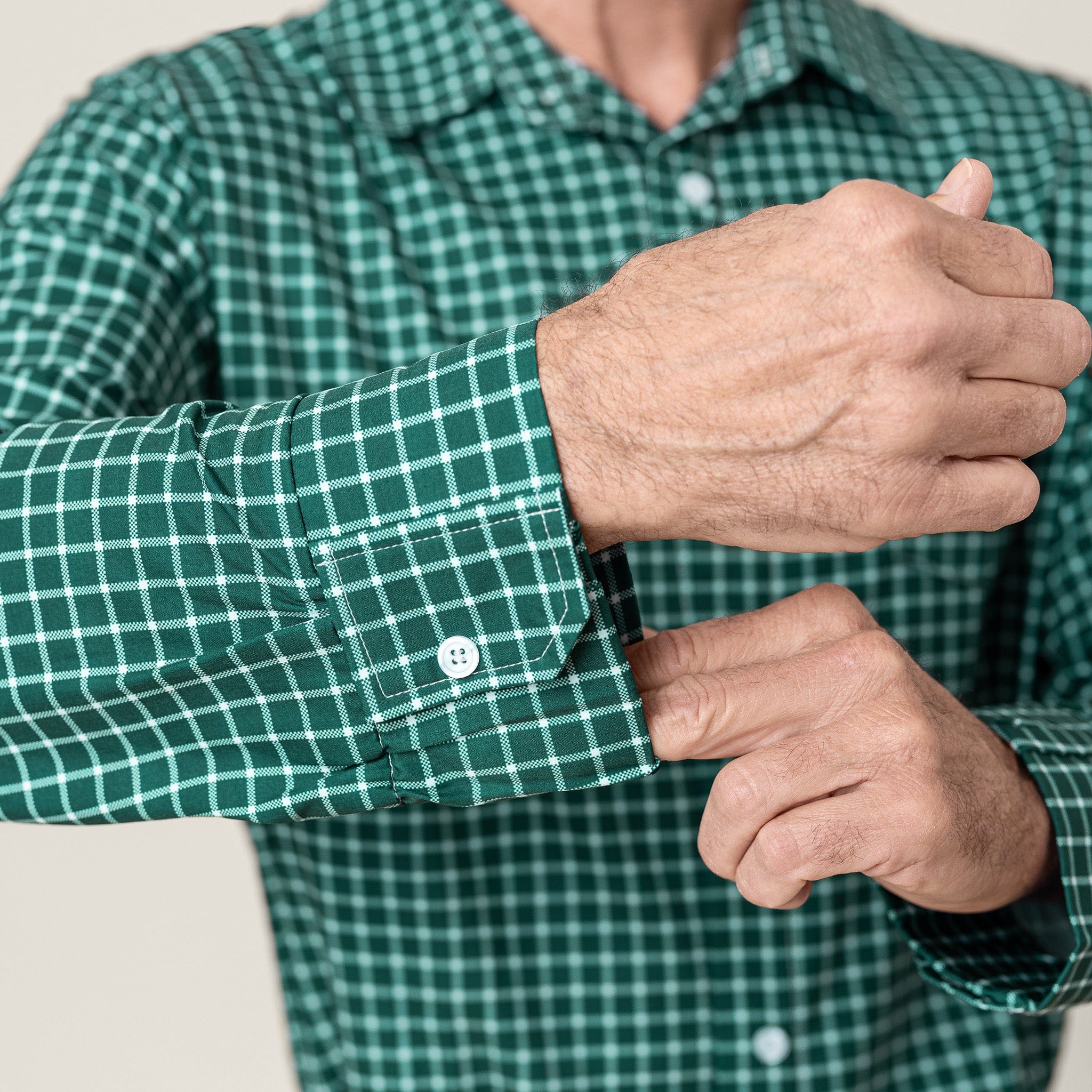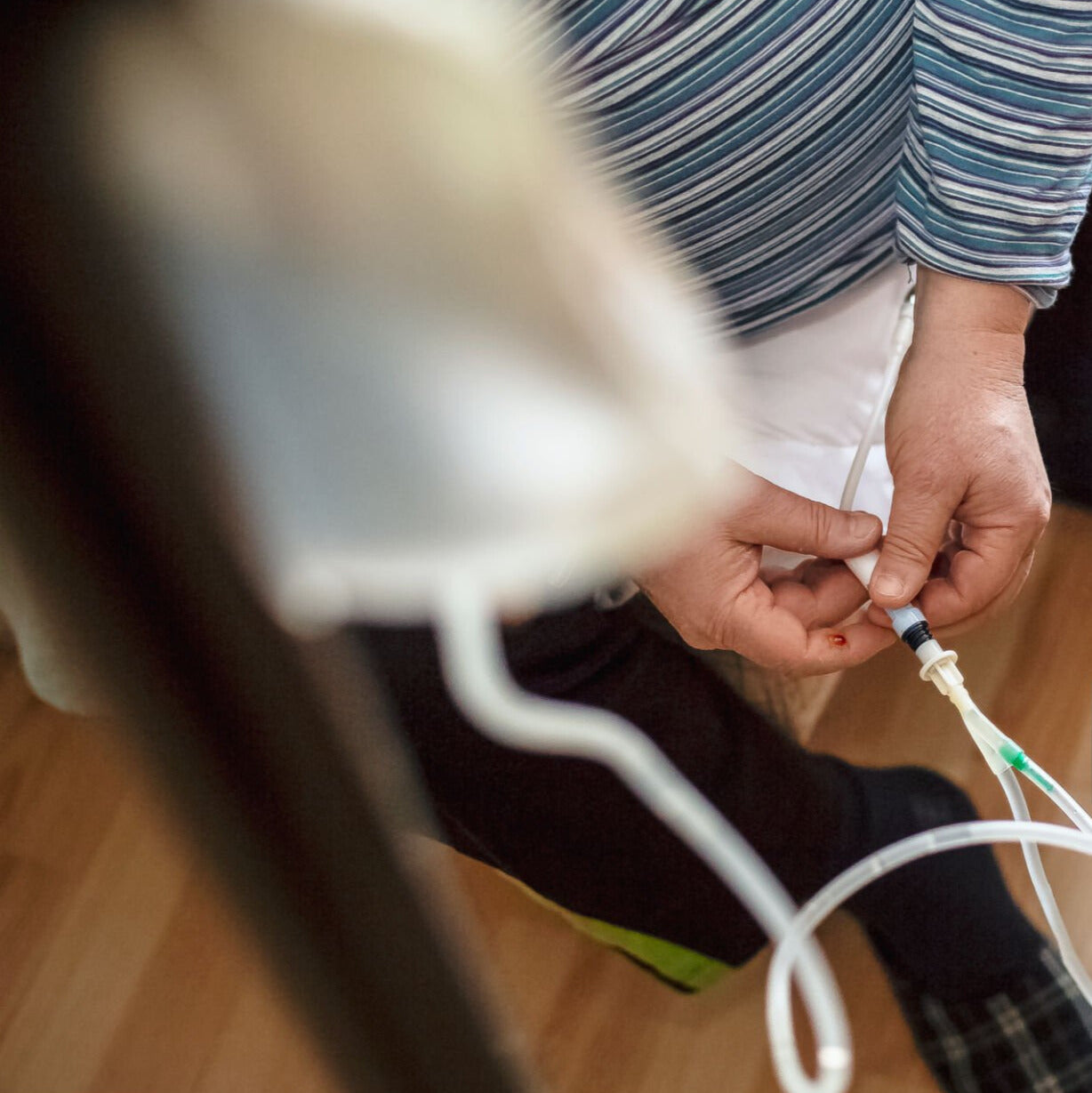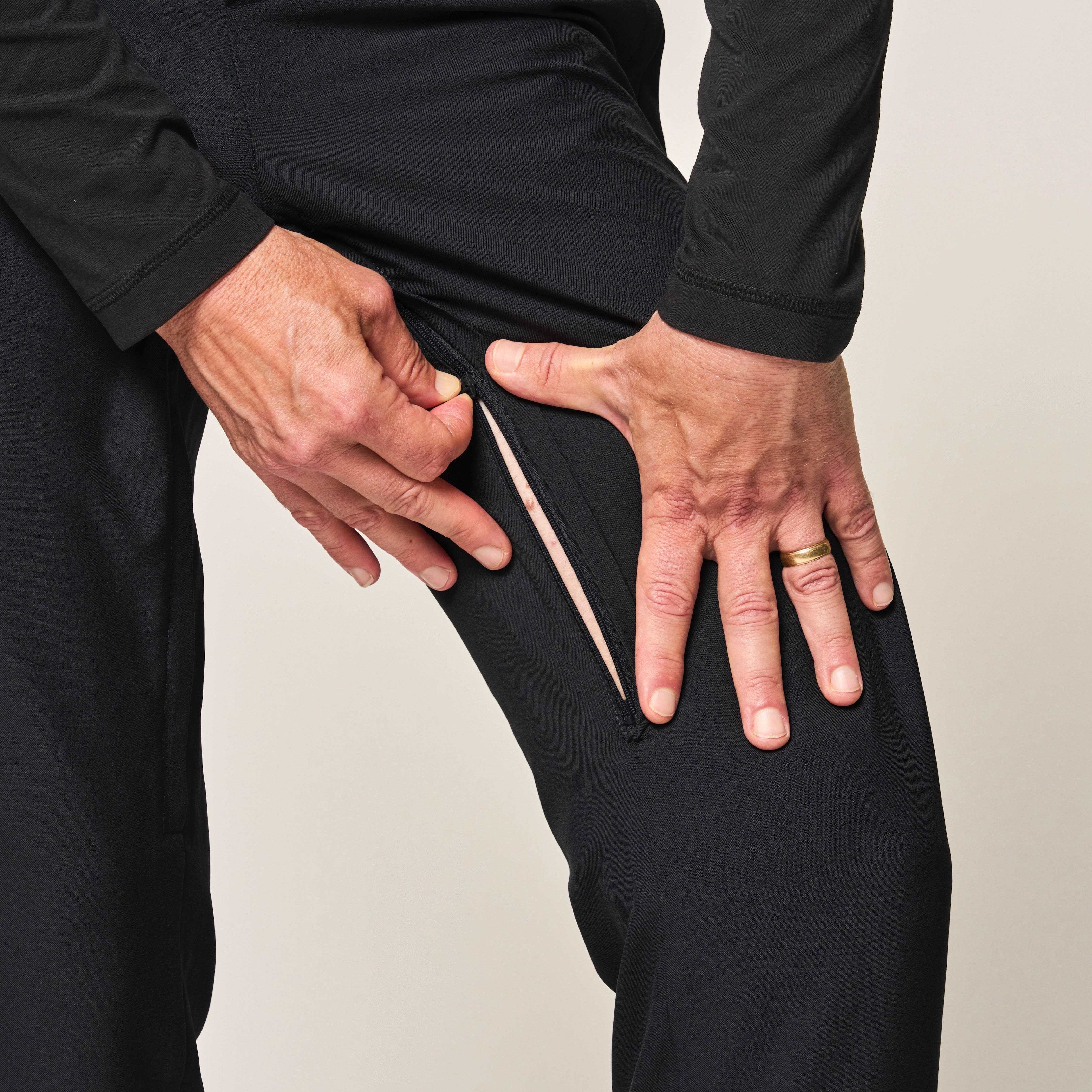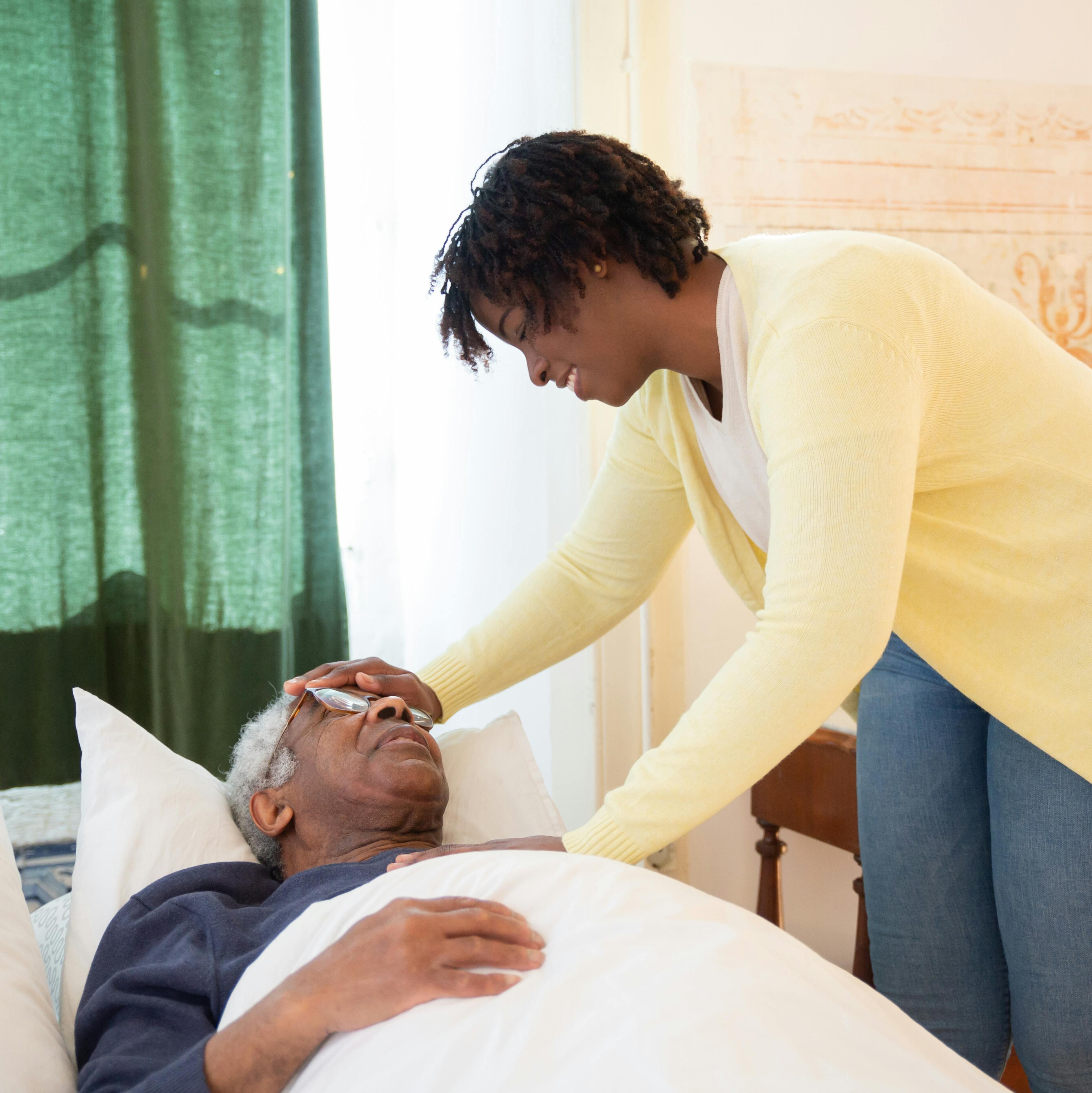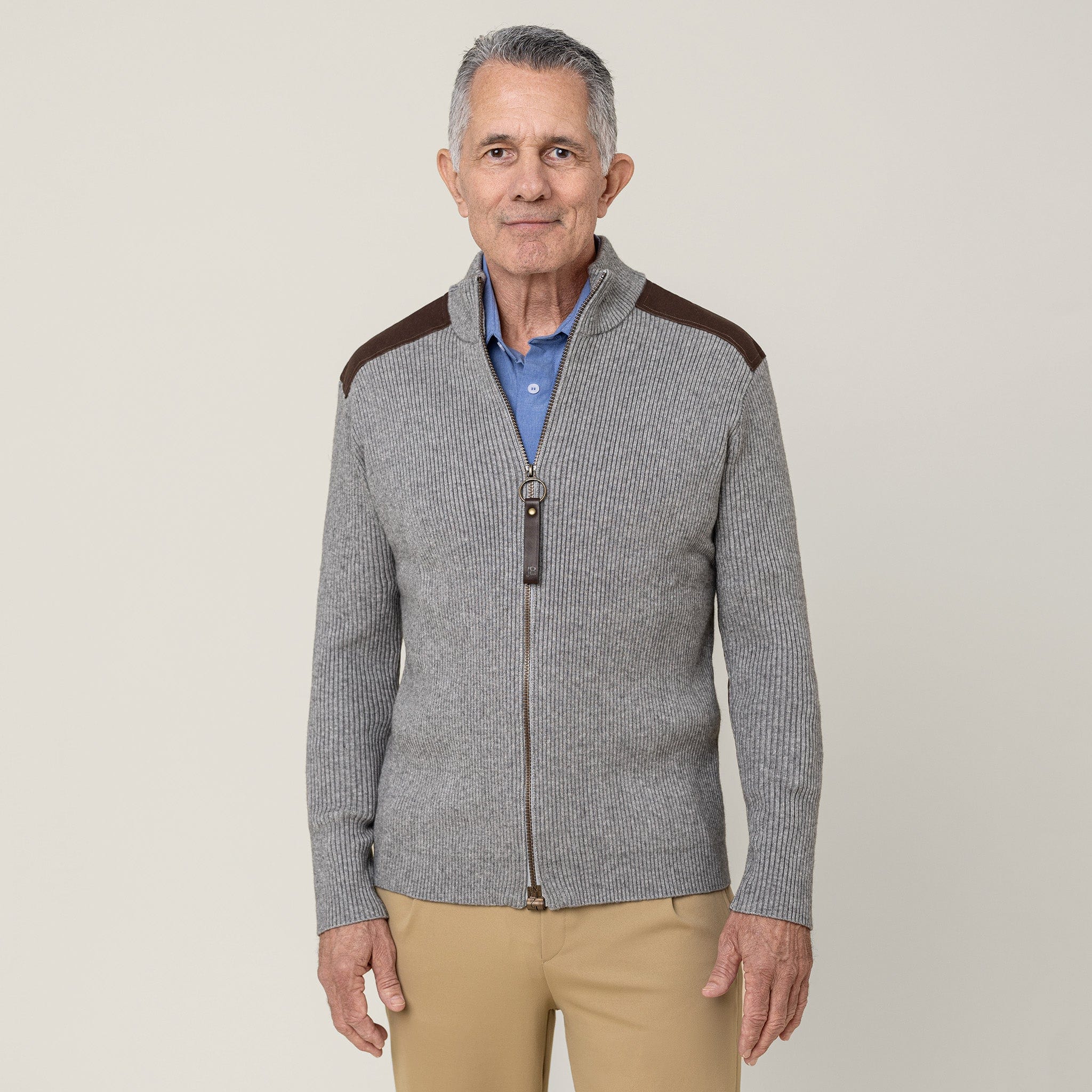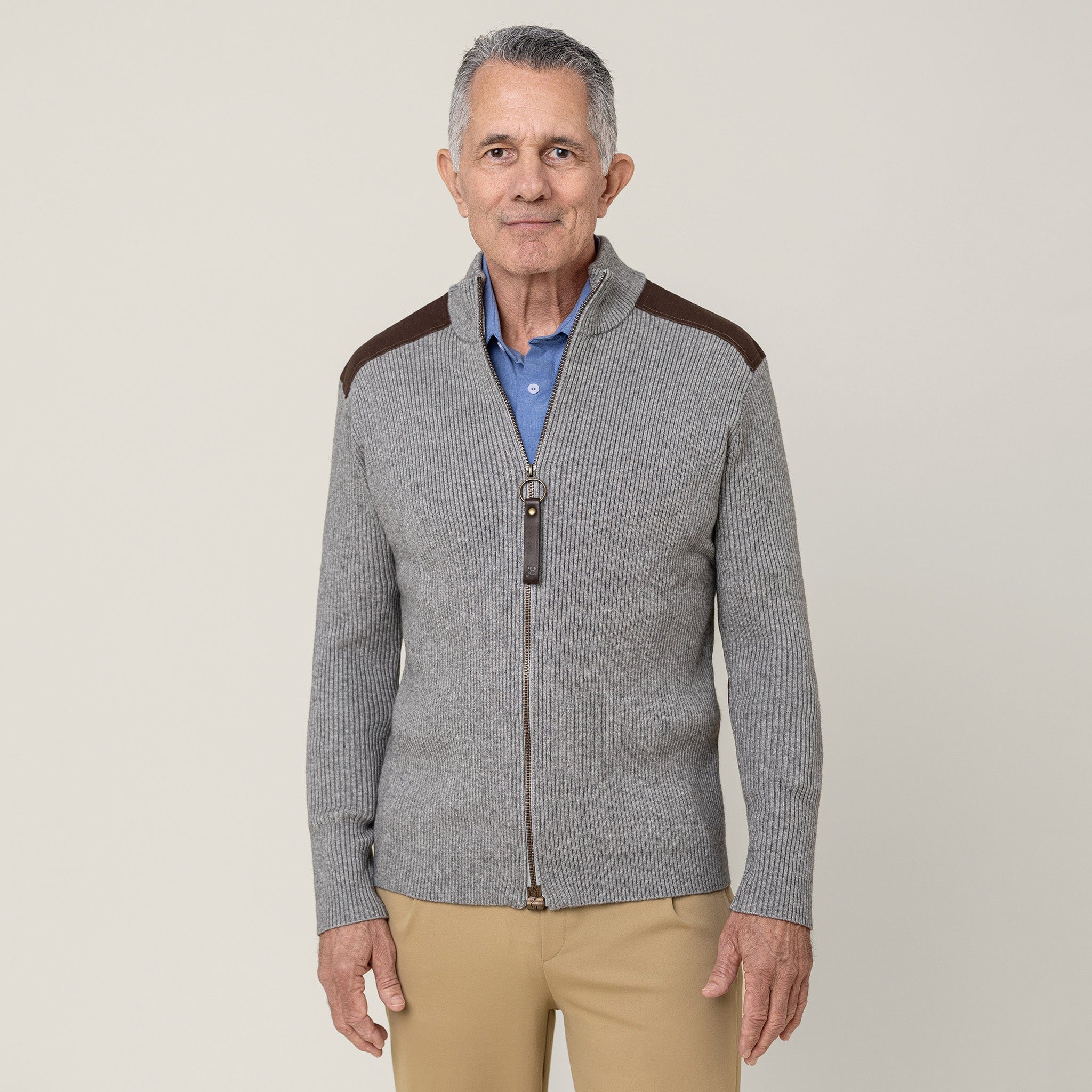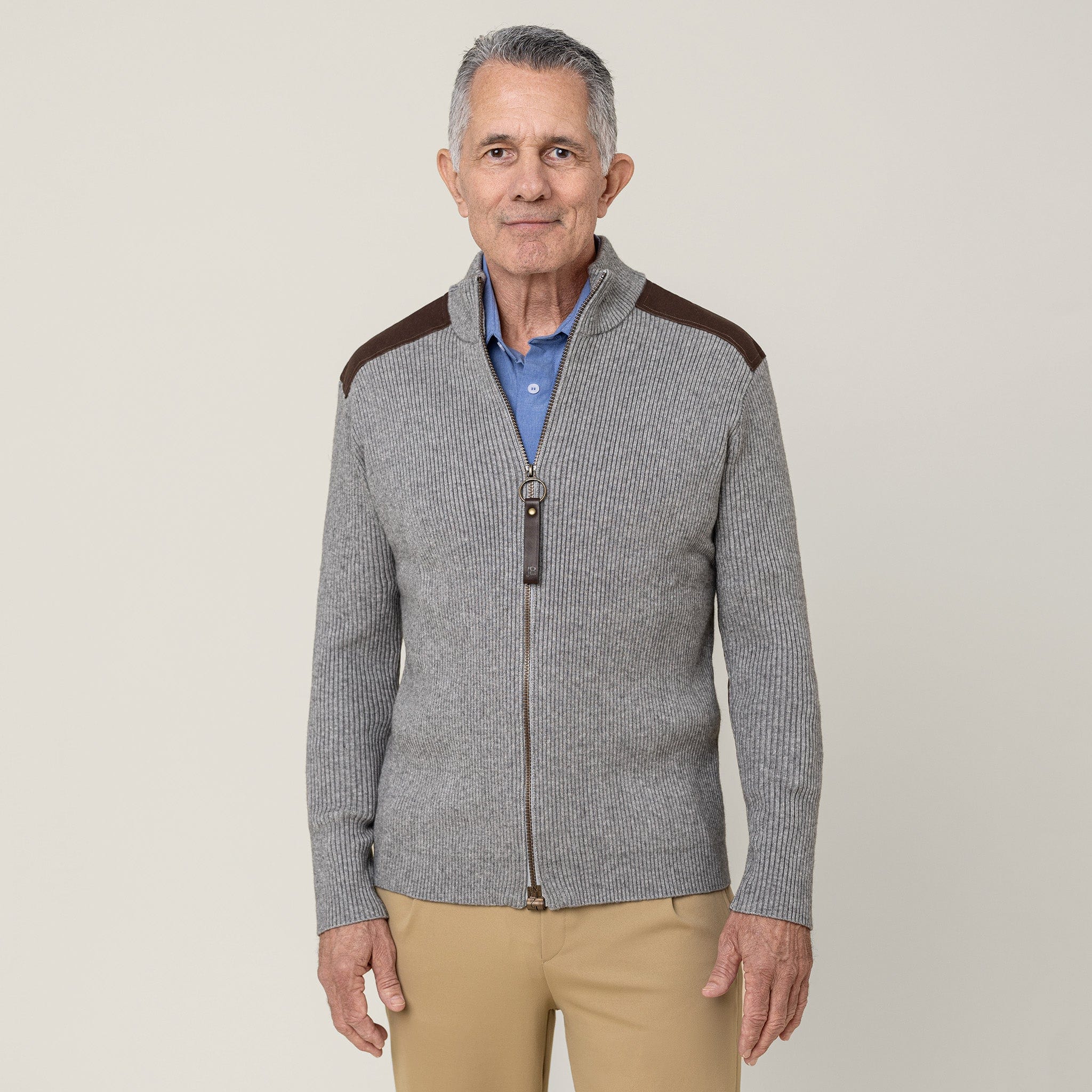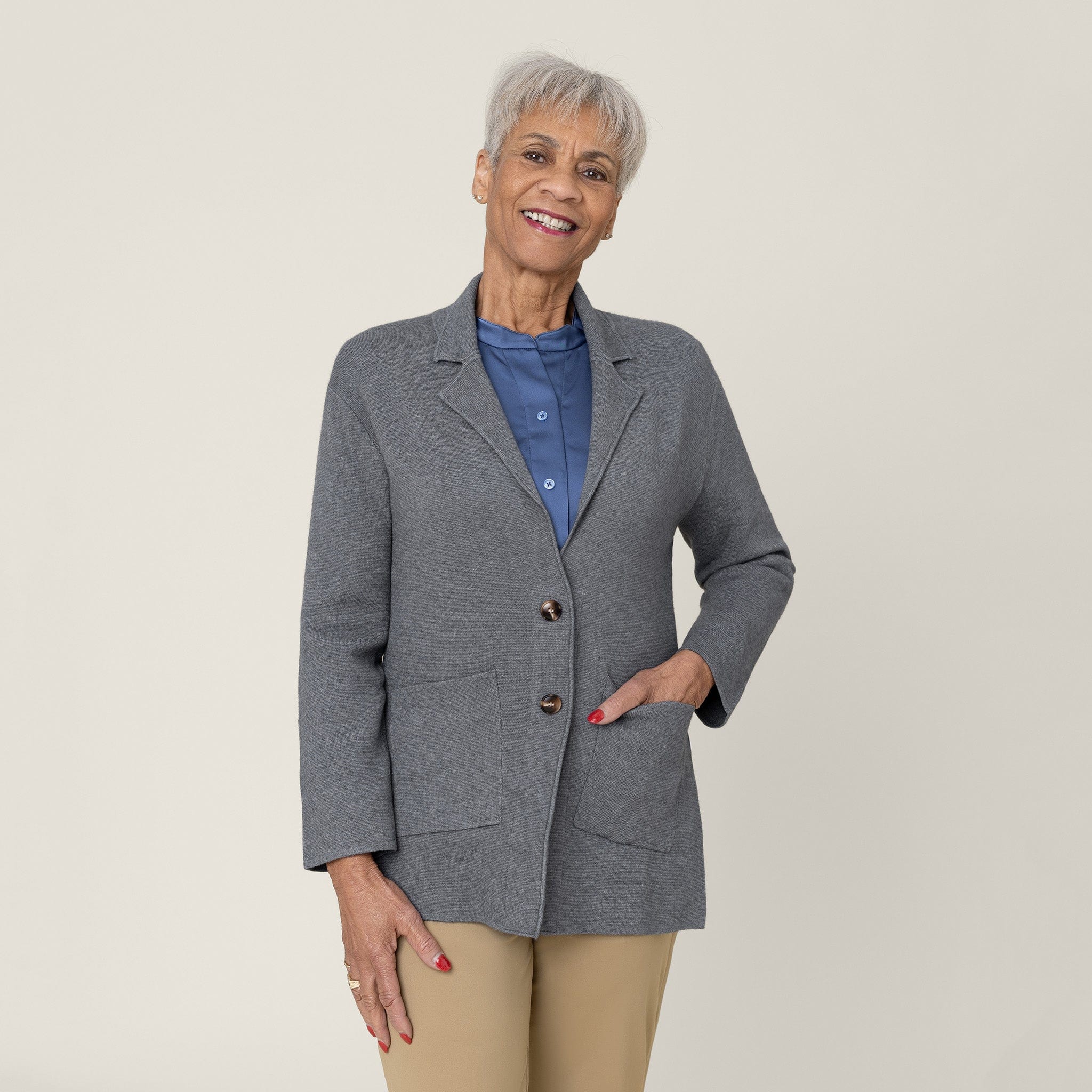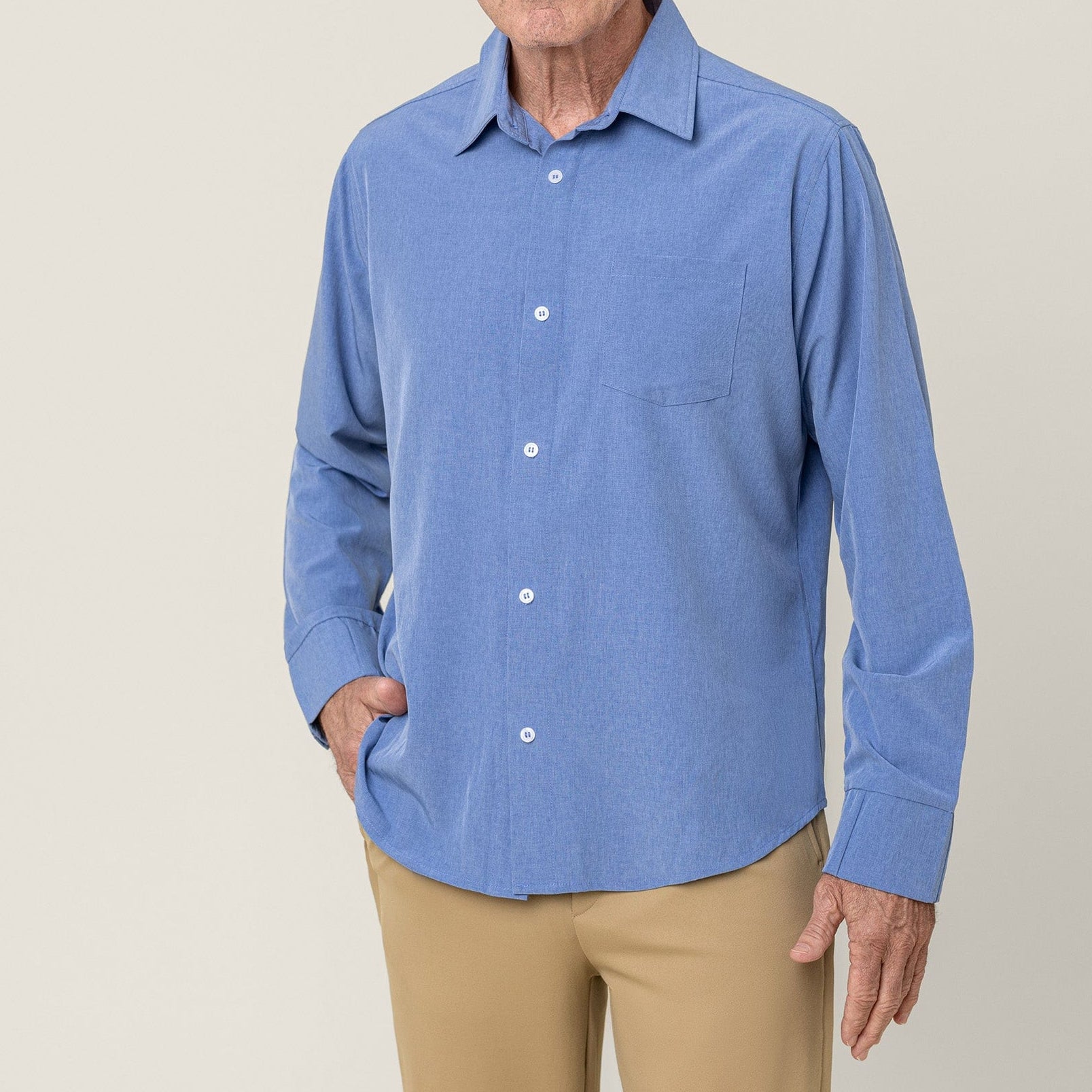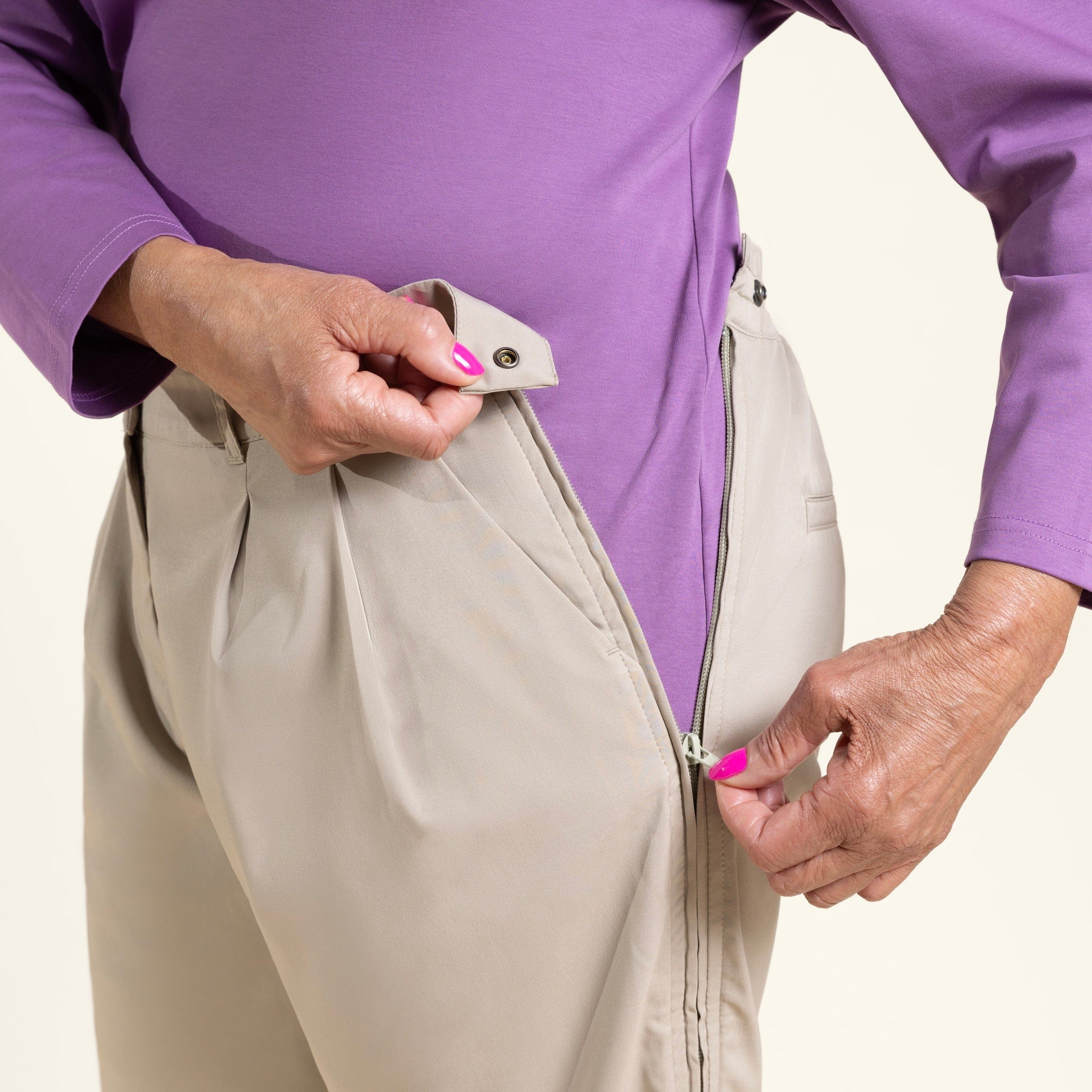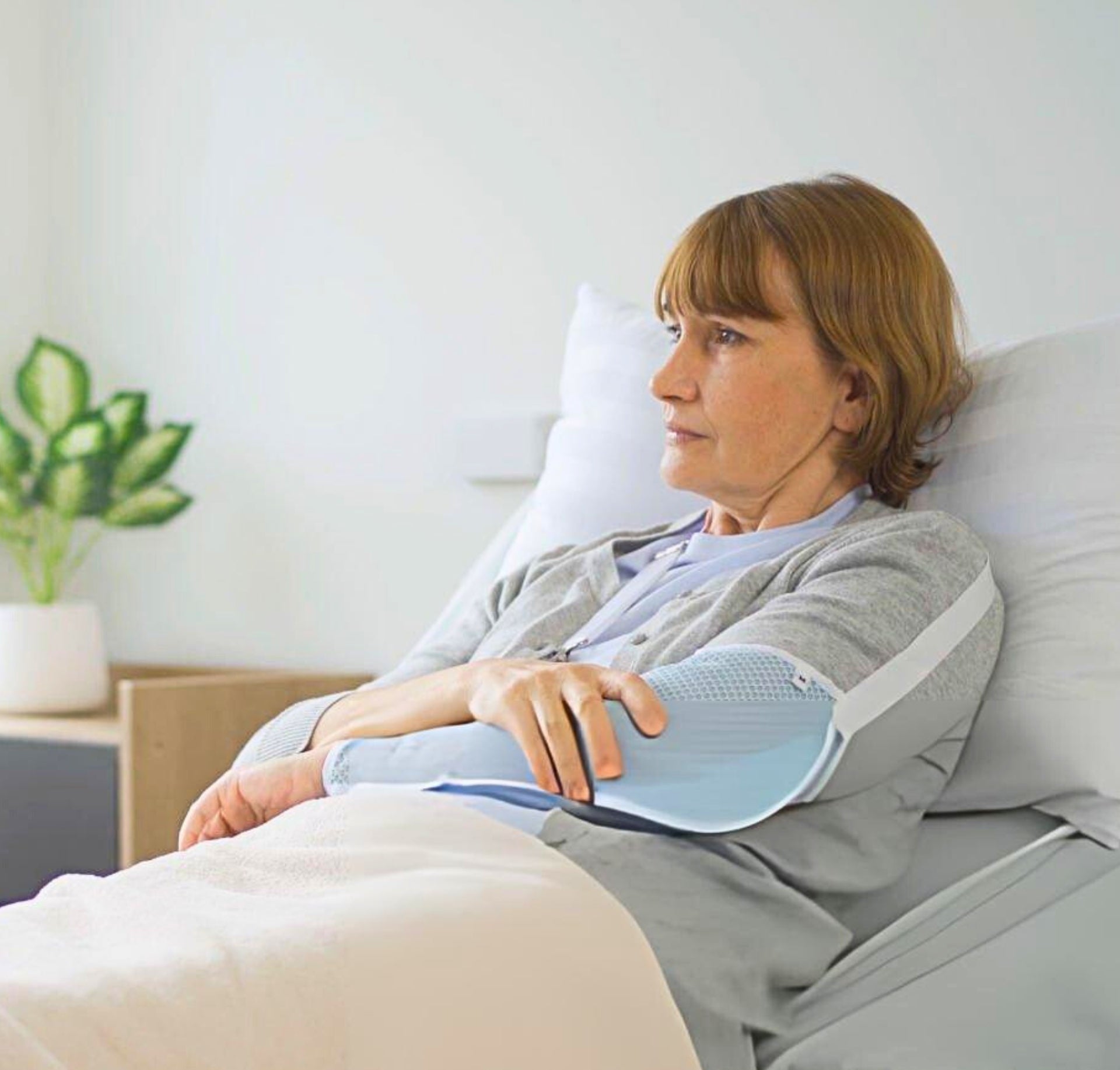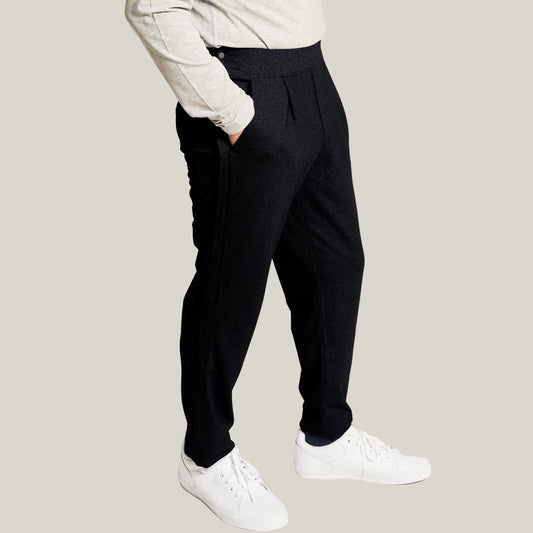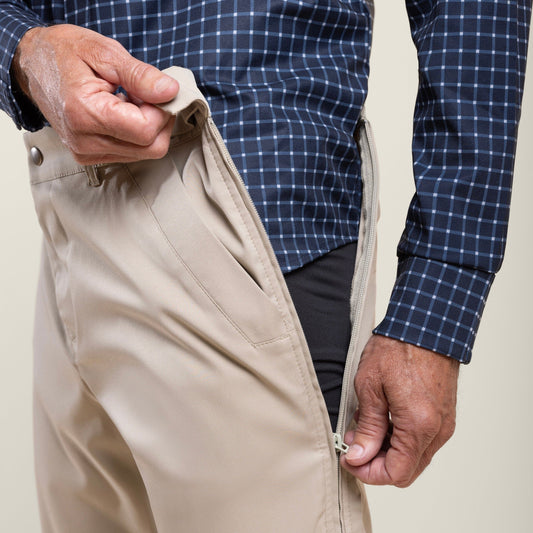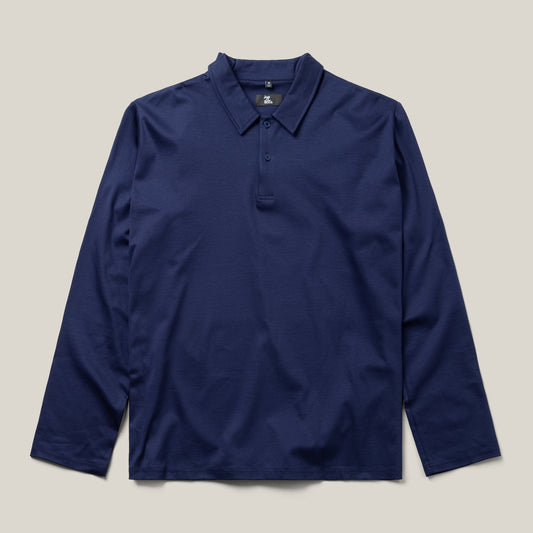Caring for patients at home requires attention to detail in every aspect of their environment, especially in the selection of hospital gowns. These gowns are not just about maintaining decency; they play a significant role in the patient's comfort, access to medical care, and overall well-being. With the right gown, patients can feel more at ease, dignified, and supported through their recovery or ongoing care. ben gr
If you are looking for additional information about caring for a bedridden patient, please read this article. You can also pair your hospital gown with appropriate hospital socks.
7 Types of Hospital Gowns for Patients
There are seven different types of hospital gowns available for home patients, and each has a different function and purpose. Read below to find the best type of hospital gown for your needs.
Classic Patient Gowns
The classic patient gown is a staple in both hospital and home care settings. Designed with functionality in mind, it typically has a loose fit and ties at the back, providing easy access for medical examinations and treatments. While practical, caregivers should ensure that these gowns are made of soft, comfortable fabric to avoid irritation to the patient's skin. For some, tying them closed in the back might be too difficult to complete on your own, and you might want some assistance. And as most know, these classic gowns might not leave you fully covered on your rear.
Wrap Style Gown
Wrap style gowns offer an enhanced level of modesty and security, wrapping around the body and tying at the side. This design minimizes the exposure of the patient's back and is an excellent option for those who are mobile and prefer a more discreet gown. It's also easier for patients to put on and take off, promoting independence in dressing. If your medical team needs easy and consistent access to a part of your rear body, this might not be the best option for you.
IV Gowns
IV gowns are specifically designed to facilitate intravenous treatments. With snaps or Velcro along the sleeves, these gowns provide quick and easy access for medical staff without completely undressing the patient. This feature is particularly beneficial for patients undergoing frequent IV treatments, making the process less intrusive and more comfortable.
Disposable Gowns
In situations where maintaining hygiene is paramount, disposable gowns are invaluable. Made from lightweight, non-woven materials, they can be easily discarded after use, significantly reducing the risk of infection and cross-contamination. These gowns are ideal for patients with infectious diseases or when a sterile environment is required.
Closed-Back Hospital Gowns
Offering full coverage, closed-back gowns are suitable for patients who can dress with minimal assistance. This type of gown is preferred for its ability to provide complete privacy and dignity, making it a good choice for mobile patients who participate in physical therapy or those who prefer walking around. For those seeking full coverage who have zero worries about mobility or providing easy access to doctors, this might be a good choice.
Open-Back Gowns
Designed for ease of use, open-back gowns are a boon for bedridden patients or those with severe mobility issues. They fasten with ties or Velcro at the back, allowing caregivers to dress and undress patients with ease, significantly reducing the risk of causing discomfort or pain during the process. Similar in design to classic patient gowns, some open-back gowns are designed specifically to be put on and off with the assistance of another person. That means that it would be impossible for an individual to fully secure this type of gown independently.
Adaptive Gowns for Patients with Limited Mobility
Adaptive gowns are a revolutionary design that caters to patients with limited mobility or special needs. Featuring closures such as Velcro, magnetic snaps, or shoulder snaps, these gowns simplify the dressing process, making it less stressful for both the patient and the caregiver. They are particularly useful for patients with conditions such as arthritis, Parkinson's disease, or any situation where movement is restricted.
Importance of Comfort for Patients Wearing Hospital Gowns
Comfort plays a critical role in the healing and well-being of home patients. A high-quality hospital gown can make a significant difference in a patient's day-to-day life by preventing skin irritation, providing warmth, and ensuring a dignified appearance. Materials that are soft, breathable, and gentle on the skin should be prioritized to enhance the patient's comfort. Additionally, a well-fitting gown accommodates medical devices without restriction, allowing for better medical care and monitoring.
Maintaining Hygiene for Hospital Gowns
Hygiene is paramount when it comes to hospital gowns, especially in a home setting where the risk of infection must be meticulously managed. Here are comprehensive tips to ensure gowns remain clean and sanitary:
- Regular Washing: Hospital gowns should be washed regularly in hot water with a disinfectant detergent. This practice helps eliminate pathogens and maintain a clean, safe environment for the patient.
- Proper Drying: After washing, gowns should be thoroughly dried on a high heat setting. The high temperature helps kill any bacteria or viruses that may have survived the wash cycle.
- Disposable Options: For patients with highly infectious conditions or when an extremely clean environment is needed, disposable gowns offer a convenient and hygienic solution. After a single use, they can be safely discarded, minimizing the risk of contamination.
- Routine Inspections: Regularly inspect hospital gowns for signs of wear and tear. Damaged or worn-out gowns may not provide adequate coverage or protection, and thus, should be replaced promptly to ensure ongoing patient care and dignity.
Conclusion
Choosing the right hospital gown for home care patients is a decision that affects not just their comfort, but also their health and recovery. By considering the specific needs of the patient, such as their level of mobility, medical requirements, and personal preferences, caregivers can select a gown that offers the best support and dignity. Remember, the goal is to create an environment where the patient feels cared for and respected, and the right hospital gown is a key component of achieving that. Whether it's a classic patient gown, an IV gown, or an adaptive gown, each has its place in providing care, comfort, and convenience for home patients.






